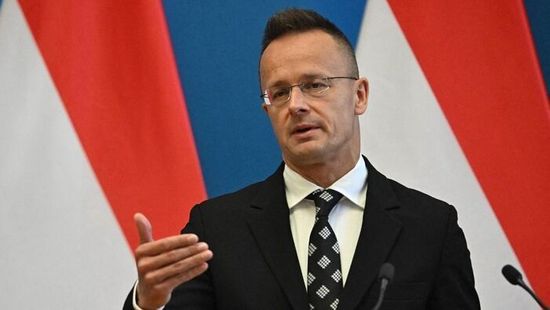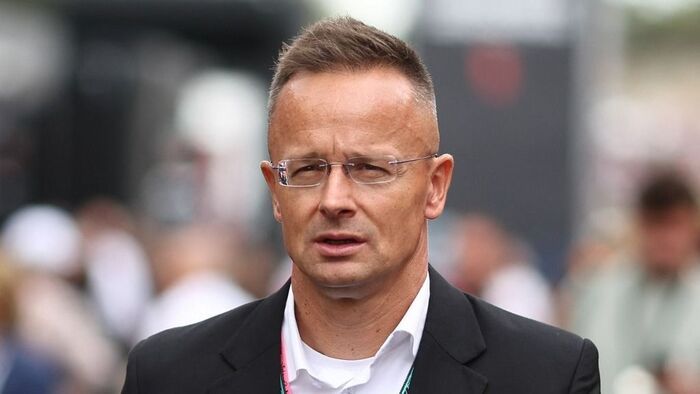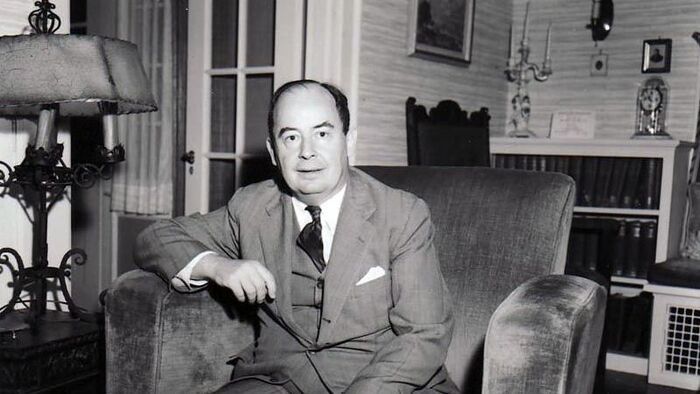“Never say never”, as the adage goes. Few people realize the wisdom of the old cliché. The post-communist and liberal parties in Hungary certainly didn’t, nor did Jobbik itself in the last few years. They’ve spent so much time, spilt so much ink over grandiosely and earnestly rejecting each other in terms civil and obscene that it is with a sense of exquisite irony that we are witnessing their loving political embrace now. Of course, little could they imagine in the golden age of mutual hate and bile that one day, after a short but intense courtship and mating ritual, they would end up getting married. In light of recent developments, the original bickering among the Hungarian opposition could even be viewed as the political equivalent of domestic violence.
Roots
Given how much time they spent calling each other “Commies”, “Nazis” and “Jews”, it took quite spectacularly little for them to forgive each other and become one in unholy matrimony. In order to understand all the twists and turns along the road, we will have to take a short journey back in time. Jobbik came to this world in 1999, as a Right-wing youth movement and was officially established as a political party in 2003. After a failed election campaign in 2006, when they ran on a joint list with the ultraconservative MIÉP, the new chairman of Jobbik, Gábor Vona took the party down a decidedly radical path howling anti-Semitic and anti-Gypsy invectives. This communication strategy coupled with their (seemingly) irreconcilable antagonism towards the governing socialists and liberals propelled them first to the European Parliament in 2009 and then to the Hungarian National Assembly in 2010. At the time they would have denied Ferenc Gyurcsány the right to exist, and according to their founding charter, which is still proudly displayed on their website: “Our primary goal is to remove the post-Communist party from power along with the extremist liberals that attached themselves to it.”
The rising popularity of Jobbik and particularly the “patrols” of the Hungarian Guard, Jobbik’s paramilitary wing, and their electoral success in the 2009 elections for the European Parliament caused consternation on the Left-liberal side. Naturally, at the time (and this speaks volumes of the duplicity of the Left) their narrative claimed that the emergence of Jobbik was somehow Fidesz’s fault despite the latter being in opposition at the time. The way they framed the issue was that Fidesz was “the wolf in sheep’s clothing”, Jobbik was “their creature” so that they would say all the things Fidesz wanted to say, but didn’t dare. This was a time when the leftist think tank financed by George Soros, Political Capital devised an index (Derex) “to measure” extreme Right tendencies, Ferenc Gyurcsány thundered that “There is this, Nazi, anti-Semitic party and we are pretending as if this was tolerable within the Hungarian constitutional framework!” Gordon Bajnai called on all parliamentary parties to “reflect deeply on their own responsibility” in allowing this monstrosity to rise.
























Szóljon hozzá!
Jelenleg csak a hozzászólások egy kis részét látja. Hozzászóláshoz és a további kommentek megtekintéséhez lépjen be, vagy regisztráljon!